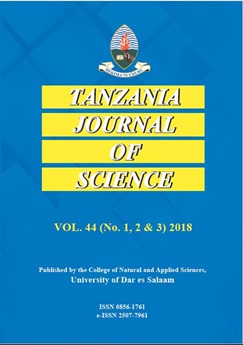Theoretical Study of Physiochemical Properties of Insulin-like Growth Factor 1
Abstract
The computational approach to studying structural changes in a wide range of physical and biological problems, the empirical force fields, have great difficulty in simulating folding of Insulin-like Growth Factor 1 (IGF-1). In an effort to understand the conformational preferences that may be attributed to stereoelectronic effects, a number of computational studies were carried out. Monte Carlo, Molecular Dynamics and Langevin simulation methods by MM+, AMBER and OPLS force fields of calculations have been performed on IGF-1 as growth factors. The parameters of a minimized structure of IGF-1, calculated potential energy for important dihedral angles and the effect of temperature on the geometry of optimized structure have been calculated. Prediction simulation methods of lattice model have mostly used different temperatures at gas and water media but we have seen that in simulation approaches, scaling up the interaction energy has a similar effect to lowering temperature. This study has demonstrated that the simple model, which includes an approximate average solvent effect, can simulate the qualitative feature of the IGF-1. The results of this investigation can be tested computationally to see whether the solvent effect can study the aspect of structural changes resulting from the average solvent effect. The main research problem was to find the dynamics of biomolecular structure and an appropriate effective stabilized energy.
Keywords: IGF-1; AMBER; MM+; OPLS; MC; MD; LD


